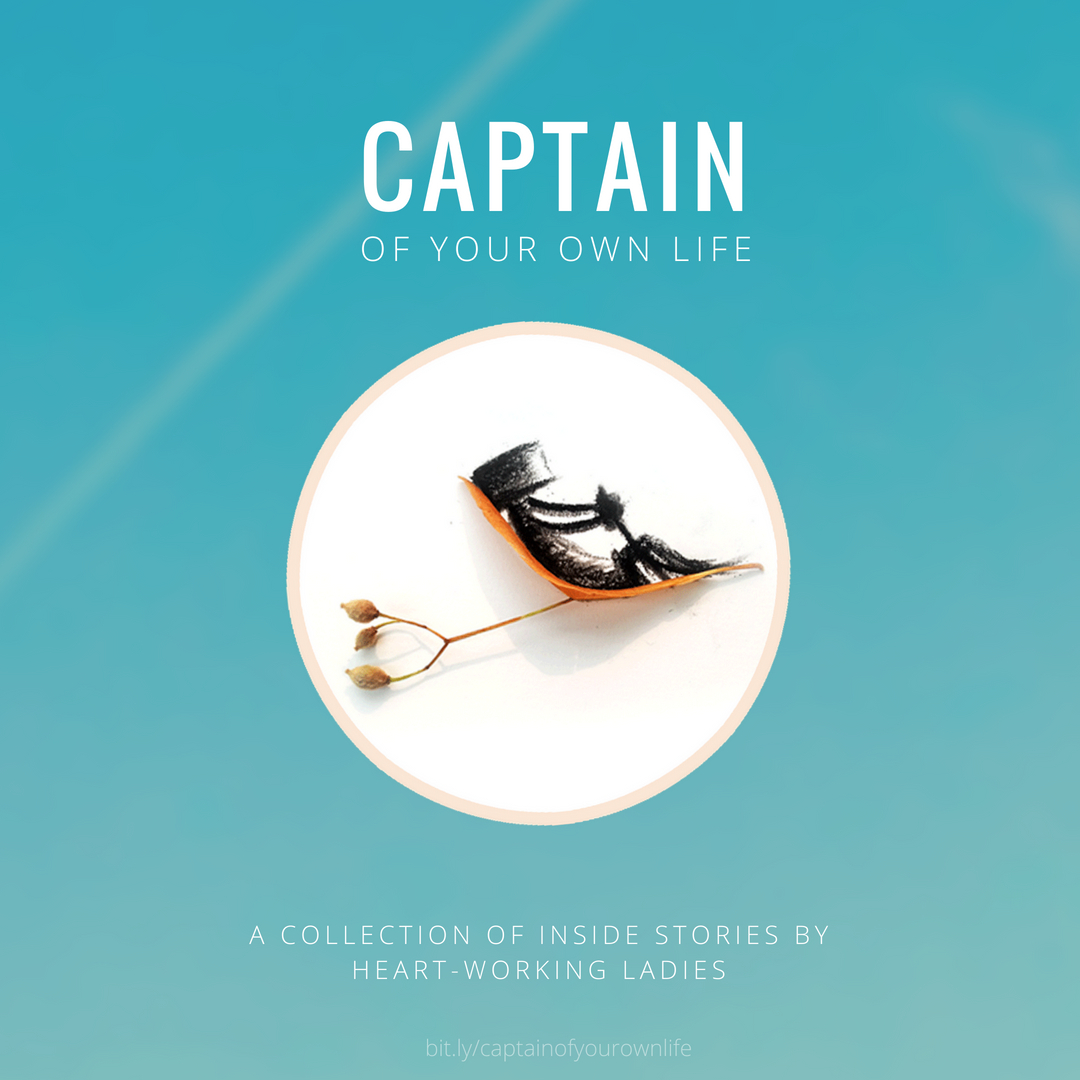“When a woman reduces the emphasis on the outer heroic quest for self-definition, she is free to explore her images and her voice.”
What does it mean to be the heroine of your life, and how can the practice of writing lead you there?
My journey began journaling as early as I could write. I still have my first “Snoopy” diary with a broken lock and missing key! It was the way I processed the world around me and made my inner experience real.
This early connection to the page has led to a lifelong practice, and eventually to guiding others in discovering and writing their life-based stories, often working with deeply personal material. In my early workshops, people would often blurt out, “This is better than therapy!” which was unsettling since I’m not a therapist. It prompted me to reach out to colleagues for advice, who in turn introduced me to the vast array of scientific research that links writing to an increased sense of well-being. I quickly recognized the healing benefits that had sprung from my own intuitive practice. This excited me, and so my studies deepened.
Over the years, I have come to understand that when we write about our lives, we are taking the fragments—those unconnected, seemingly random memories—and out of them creating coherent narratives. You might start with the plot of your life, which is simply the sequence of events—this happened, then this happened, and so on. This is the raw material. The story is revealed when you attach meaning to those events and discover your emotional truth and journey through them. You show how you’ve moved through the rocky terrain and emerged on the other side, transformed. In this way, we begin to see that the DARKNESS is connected to the LIGHT, that they are part of the same story; and in that, there is a healing, an integration, and a wholeness of one’s Self that emerges.
This process is illuminating and deeply empowering, as we are free to interpret what we have experienced and why it matters.
But this work is not for the feint of heart. It takes courage. In diving into our stories—like diving into the wreck as Adrienne Rich evocatively describes in her eponymous poem—we take a deep plunge, an immersion. You are required to re-imagine and examine events of the past, and this at times can be painful. So there is a need for self-care, which can take many forms—perhaps building in time for a walk, a warm bubble bath, or connecting with a loved one. You might even thrust your face into an open freezer as a visceral trigger to shock the body back into the present moment.
If you’re new to this kind of writing, I suggest you begin by making a list of moments or events from your life—those images that are embedded in your memory, the ones that stick with you and perhaps haunt you. Lists offer an easy ‘way in’. They don’t require full sentences or pretty language. Simple bullet points, like a grocery list. And then, depending on the day and your inner readiness, you tackle one or two, allowing yourself to explore it on the page. Start with 10 minutes a day. The idea is to make it accessible and doable—less daunting, less scary. This ‘writing ritual’ looks different for everyone. I know one friend who has a beautiful desk and spacious place to write, but over time realized that her best writing came from sitting in the car while her son was in karate class. She wrote an entire book that way! There is nothing perfect-looking about this practice. It is about getting to know and trust your own creative process. As you go about ‘getting it out on the page’ you are mapping the territory—letting your subconscious root around and make connections, following the train of thought, and hopefully even surprising yourself.
Of course those pesky voices may start their chatter. Who do you think you are? You can't write!
To which I say: write anyway. I am giving you permission to write your story. To put a stake in the ground and say, “This is my experience.” It is your truth. It is valid.
And it will change your life, for the better.
This piece is included in the eBook Captain of your own life, a collection of essays written by heart-centered female entrepreneurs who are using different modalities—such as mindfulness, art journaling, yoga and aromatherapy—to empower others towards personal freedom.








